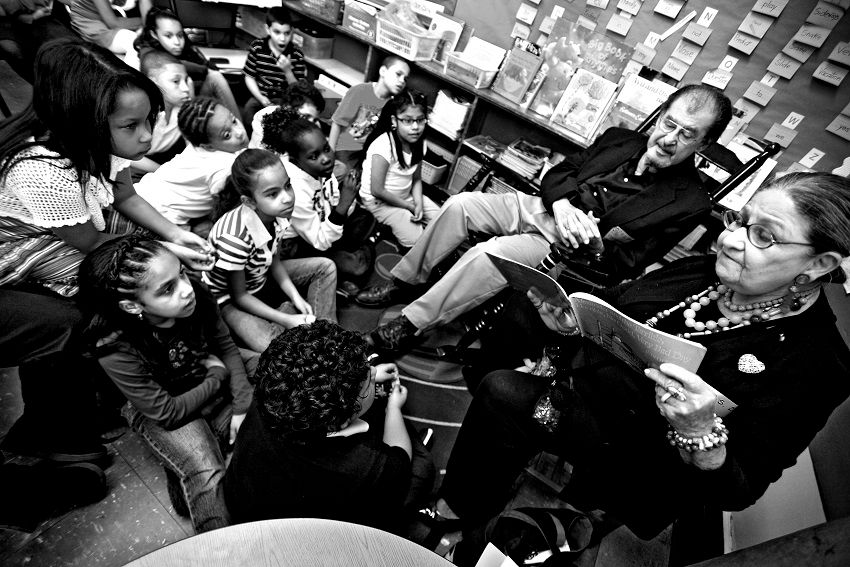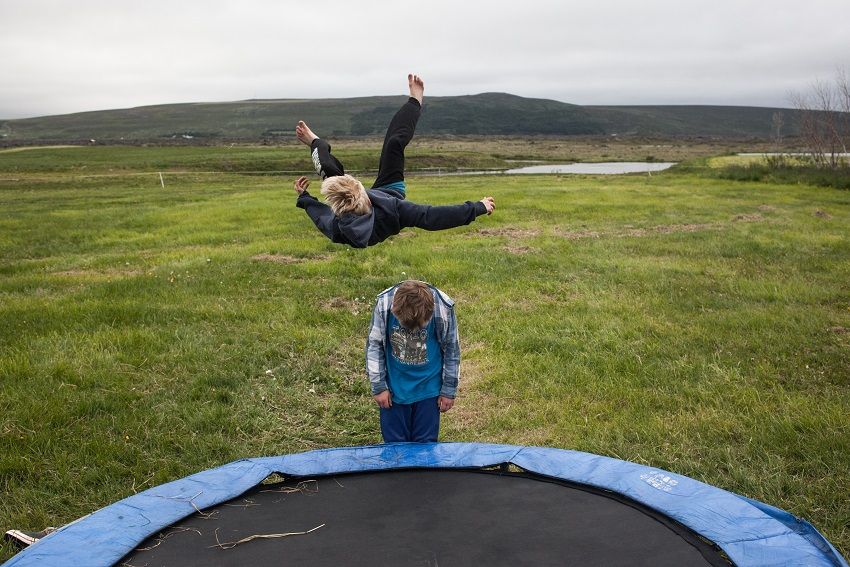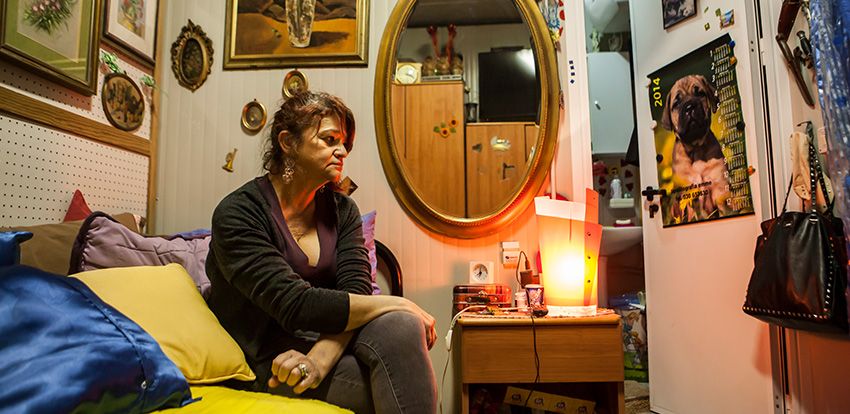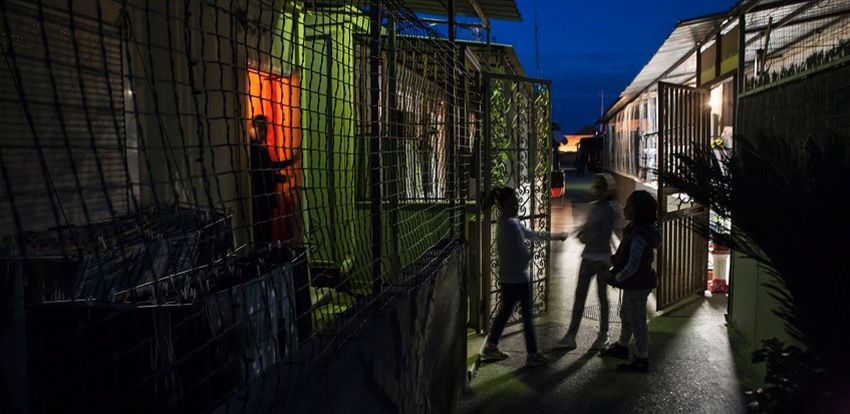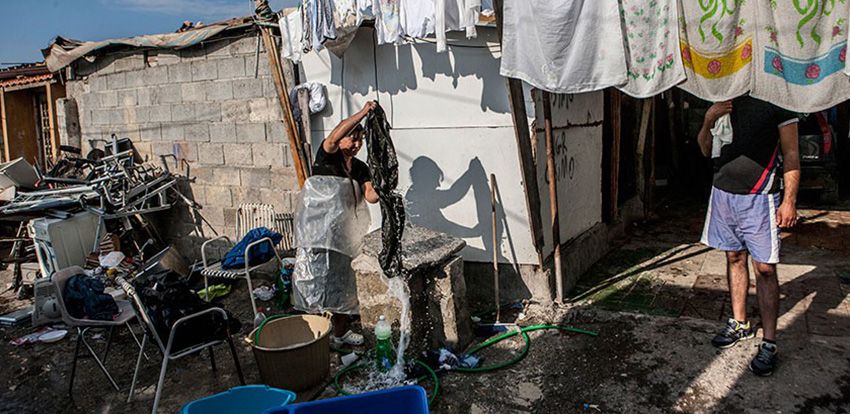08 May 2018
First steps
Improving lives of disadvantaged people starting from the childhood
What is the likelihood that a poor child grows up to become a poor adult? According to Eurostat in Europe 26.9% of children are at risk of poverty or social exclusion, a figure that is greater than the proportion of adults (24.7%) and the elderly (17.4%). According to the European institute for statistics, this likelihood increases in relation to the lower the level of parental education. In 2015 almost two thirds (65.5%) of all children of parents with a low level of education were at risk of poverty, compared with 30.3% of those with an average level of education and 10.6% of those with a high level of education. This correlation was confirmed in all of the 28 EU member states. In short, there is a direct relationship between economic conditions and level of education, but also between the conditions of the parents and the future of the children. Even in Europe with its welfare state, those who are born poor risk remaining poor for all their lives. According to Save the Children education poverty concerns one adolescent in every five: these young people are effectively denied the chance to build a future.
“This who live in situations of adversity and persistent deprivation… can even find themselves losing the motivation to desire a radical change of their circumstances,” claimed Amartya Sen, winner of the Nobel Prize for Economics in 1998.
Generali Group has launched the project The Human Safety Net (THSN), to help disadvantaged people through programmes of protection, training and mentoring in order to transform and improve their lives, those of their families and the communities in which they live. One of the three areas of intervention concerns families and is inspired by Goal 10 of the 17 Sustainable Development Goals (SDGs) of the United Nations 2030 Agenda: the goal of reducing inequality. The aim is to intervene in order to break the chain that transforms a poor child almost certainly into a poor adult by developing human capital.
The differences in the formation and training of human capital, in early infancy, are in large part explained by differences in family environment: the gap between disadvantaged and advantaged children is manifested in the early years of life and early intervention can significantly improve the cognitive capacities and the health of the most disadvantaged children. As Alfred Marshall, another Nobel Prize Winner, wrote in his Principles of Economics, “the most precious capital of all is that invested in human beings and of that capital the most precious part is the result of maternal care and influence.”
It depends on more than just schooling: also very important are diet, health and spaces for play, interaction and learning. These are often absent or insufficient in environments on the margins of society or where there is a high risk of social exclusion. As Sen has explained, “a person’s capacity to live well is defined in terms of a combination of states of being, such as enjoying good health or good emotional relationships, having genuine access to (and) a capacity to acquire these, effectively represents an opportunity for people to pursue their own goals.”

